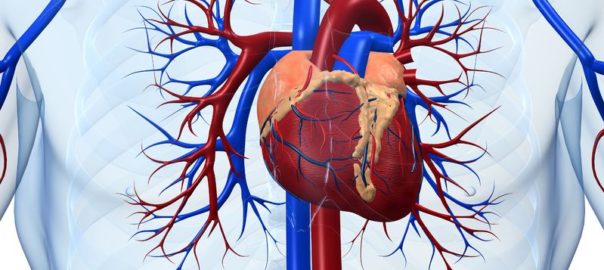Hong Kong Scientist Invents Tiny Human Hearts

A scientist in Hong Kong, Professor Ronald Li, has used stem cells to grow tiny human hearts. These lab-grown miniature organs function exactly like a real human heart. Researchers plan to use them to test new drugs.
Professor Li’s stem cell company, Novoheart, is marketing the invention to pharmaceutical companies around the world. These tiny beating hearts are the result of 20 years of research, he says. It may take many more years for the scientific community to realize the importance of the new biotechnology.
The innovative technology allows scientists to take 2.5 mL of blood from an individual and create a number of jars of customized functional mini-hearts. These beating hearts can be used for several clinical applications, including testing new drugs and bio-artificial wound care bandages.
Professor Li, who is the founding director of the Stem Cell and Regenerative Medicine Consortium, is affiliated with the Karolinksa Institute in Sweden which selects Nobel laureates in physiology and medicine. He has previously been on the faculty of several schools including the Icahn School of Medicine in New York and UC-Davis in California. He has also been an award-winning professor at Johns Hopkins University in Baltimore.
Serving on the panel of several funding bodies around the world, Professor Li has focused on cardiac tissue engineering throughout his career and written over 130 papers on the subject. The latest innovation in engineered heart tissue is revolutionary and will help in the development of regenerative heart treatments as well as new drug discovery.
References:
- http://www.bbc.com/news/av/business-43158921/miniature-heart-inventor-breakthroughs-take-time-to-sell
- https://timeauction.org/auctions/80-meet-professor-ronald-li-founder-of-novoheart-professor-ronald-li


